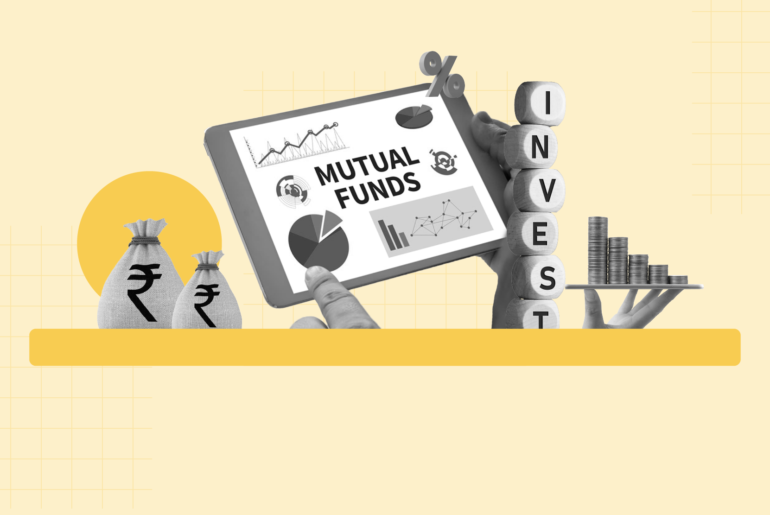Last Updated on May 24, 2022 by
Multibagger returns – These two words reflect the deepest aspirations of all stock market investors. Whether you’re picking individual stocks or investing in mutual funds, the hope of making a multibagger return can drive you to take more risks.
But with mutual fund investing, are the odds stacked against you? Let’s reflect on the question in depth.
Whether mutual funds can give multibagger returns is a difficult one to answer. Numerous factors determine if a fund will provide you with multibagger returns. The risk profile, funds’ investment style, and past performance all play a role in determining whether a fund may grow into a multibagger.
So if we understand these factors, we can say whether or not mutual funds can give multibagger returns. Alternatively, we may be able to tell if a fund is unlikely to give such returns.
Table of Contents
What is a multibagger?
Let’s start with understanding the term ‘multibagger.’
Multibagger stocks are those that give you returns in multiples of your original investment. So if you buy a stock at Rs. 100, your return when the price goes up to Rs. 200 is 2X or 200%. If you sell it when it reaches Rs. 300, then your return when the price rises three times your original investment will be 3X or 300%.
Multibagger stocks typically come from the small-cap and mid-cap segments of the stock market, where such spectacular increases in share prices happen with greater frequency.
But, earning multibagger returns across a diversified basket of stocks may be challenging. With mutual funds, you may have one stock invested in pharma, another in IT, while a handful of holdings may be in banking or the auto sector. This sectoral diversification will reduce, if not average, the absolute returns which may come in the way of achieving multibagger returns.
Now, let’s look at why mutual funds don’t generate multibagger returns. There are three reasons for the same:
- Mutual funds typically invest in a basket of companies and manage risk by moving the investments around. Thus, there is only limited room for individual share prices to grow, even as the overall unit price experiences slow growth.
- Small and mid-cap stocks can generate multibagger returns because there is much more scope for growing businesses compared to mature ones. As we’ve already discussed earlier, when companies grow, their market valuation also grows. This is why companies with small and mid-size operations can generate multibagger returns compared to those who run large businesses.
Factors that may affect your decision to invest
Time
Investing is all about timing. Spotting the right stock at the right time can change your fortune. But not all investors are lucky in that sense. Also, literally, one will have to dedicate ample time to earn returns from equity investments. But if time is a constraint, mutual funds can be your best bet to taste equity-like returns.
Knowledge
Investing directly in stock will require you to have considerable knowledge to gain returns. If you are a novice, again, mutual funds can be considered as a market expert doing all the research on your behalf. If an investor has the knowledge of picking stocks that he expects to turn a multibagger, then he may be better off investing directly.
Risk and return
The risk profiles of both stocks and mutual funds are different. A mutual fund is designed to return on average the stocks held in the portfolio. So the chances of extraordinary returns (even if one or two stocks perform exceptionally well) are meagre. Whereas, if you spot stock and it turns out to be a multibagger, you could earn excellent returns.
But the thing to keep in mind is the risks associated. If mutual funds cannot churn out extraordinary returns, they also do not bleed. The exact opposite is true for stocks.
Conclusion
To conclude, we’d like to reiterate that multibagger returns in the stock market happen only in specific cases- for example when a company is transforming into a growth story and its share prices, therefore, increase manifold. Mutual funds do not easily achieve such huge price jumps.
Comparing returns of a mutual fund to that of a multibagger may not be the wisest thing to do. Moreover, in the long run, one may be able to accumulate wealth as the market’s direction is generally upward in the long run. If you are a risk-averse investor, mutual funds may be a better choice. Consult your financial advisor before investing in any stock or fund.
- SBI Equity Mutual Funds – List of Top Performing Schemes for 2025 - Mar 27, 2025
- Hedge Funds in India: Definition, Types, & Benefits - Mar 27, 2025
- List of Overnight Mutual Funds in India (2025) - Mar 17, 2025




